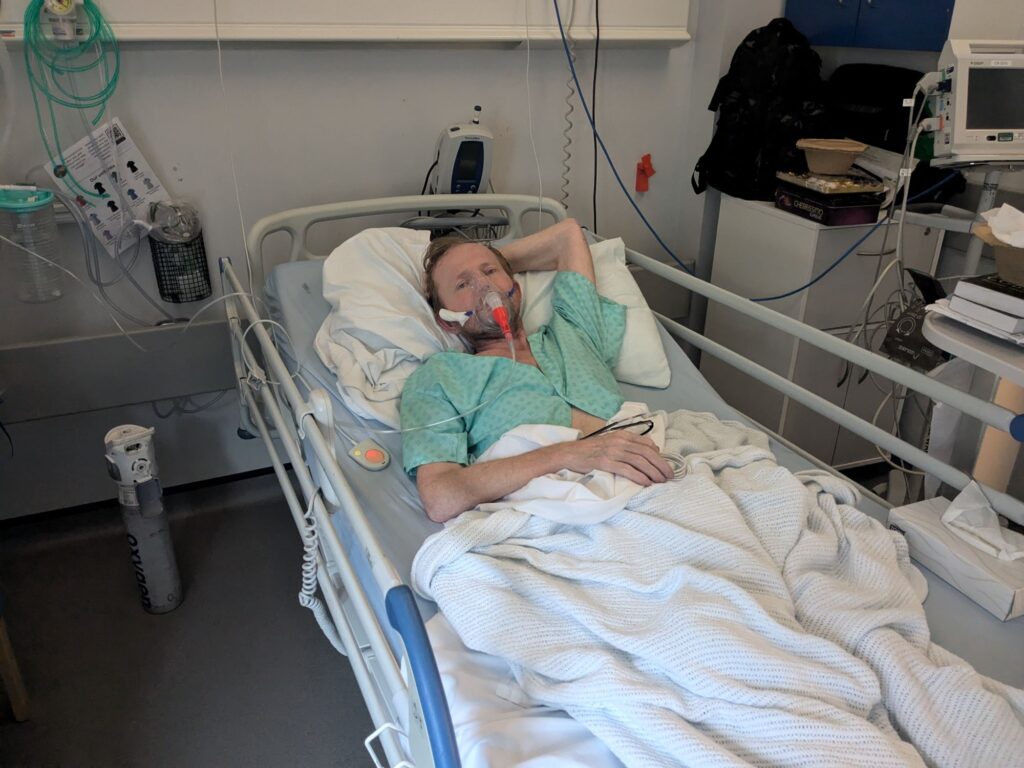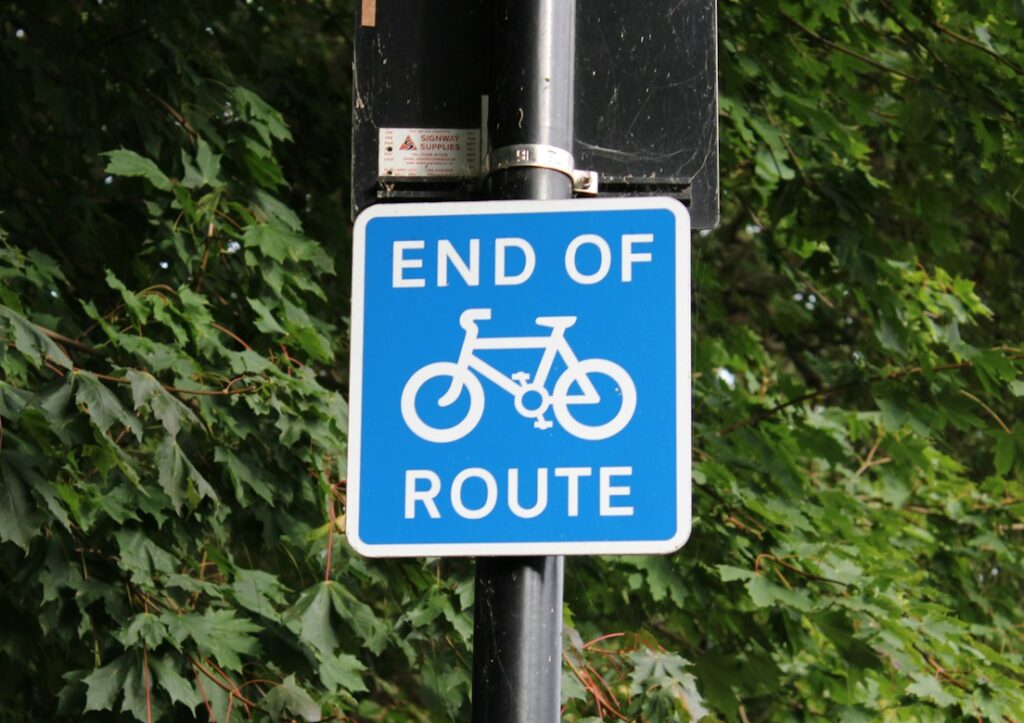Greater Manchester have released a report on the ‘Early Results’ of the Bee Network, the city’s increasingly integrated transport network, showing a 14% growth in bus use since being franchised.
The report focusses on the performance of the bus service, which became fully franchised in January of this year, the process having begun in September 2023.
The Franchising Assessment that Greater Manchester was required to undertake prior to taking control of the bus services revealed that, prior to the pandemic, the number of annual bus trips taken had fallen by 17% between 2008/9 and 2017/8.
They blamed this on a number of factors such as excessive fare increases, a lack of co-ordination between bus operators and the tram and rail networks, services not being provided where there was social or economic need and complicated fares and ticketing systems.
The council and TfGM have aimed to address these issues with the Bee Network, capping prices at £2 a journey or £5 a day, introducing a ‘tap and go’ payment system, integrating the bus service with the Metrolink (and ultimately local rail services) and improving routes.
The result of these efforts is a 14% increase in bus usage year-on-year in the first two franchising areas. In 2023, Greater Manchester set a target of a 30% increase in bus use by 2030.
They also announced an ambition that, by the same time, 90% of Greater Manchester residents would be within 400m of a half-hourly daytime bus or tram service. That figure is currently 84%, up from 78% in 2022.
The Mayor of Greater Manchester, Andy Burnham says: ‘We … recognise that, despite a strong start, we are at the beginning of our journey towards the bus network we want to build.
‘Over the coming months, we will develop operational excellence and growth plans that will set out how we intend to go further, working hard to make additional improvements to reliability, connecting more communities, improving the customer experience and shifting the way people travel around Greater Manchester.’
There will be moves made to enhance safety through better lighting and CCTV at stops and interchanges. In October 2025, a dedicated TravelSafe LiveChat support service will launch to reassure and assist passengers.
By October next year, all buses will feature audio-visual announcements and work is underway to equip them with hearing loops and two wheelchair spaces.
More than 500 stops will be upgraded by 2030 with improved boarding, seating, and shelters. Bus drivers receive mandatory accessibility training, and dementia awareness is being rolled out to frontline staff. Over 100 new real-time displays will be installed across the network to keep passengers informed.
Integration of local rail and Starling Bank Bike Hire into the Bee Network will support multi-modal travel. A Fares and Concessions Strategy will aim to keep transport affordable while ensuring the network remains financially viable.
In terms of sustainability, the ambition is for 100% of buses to be zero-emission by 2030. 17% is currently electric, compared to just 2% pre-franchising.
The full report can be read here.


















Leave a Reply